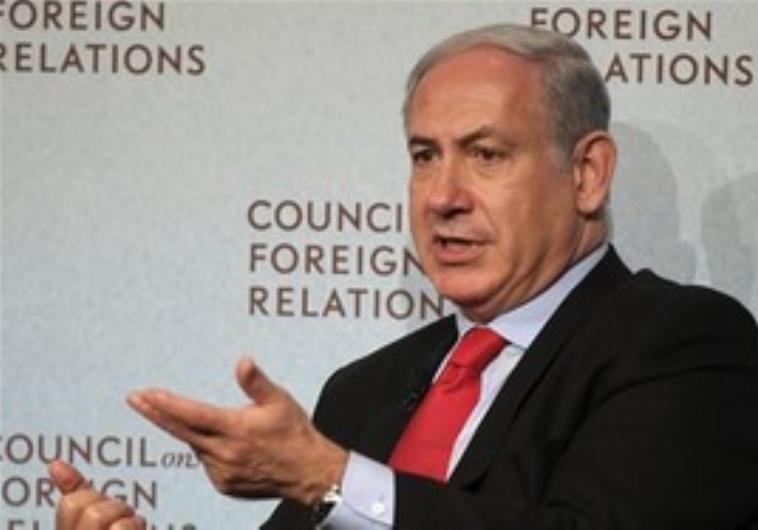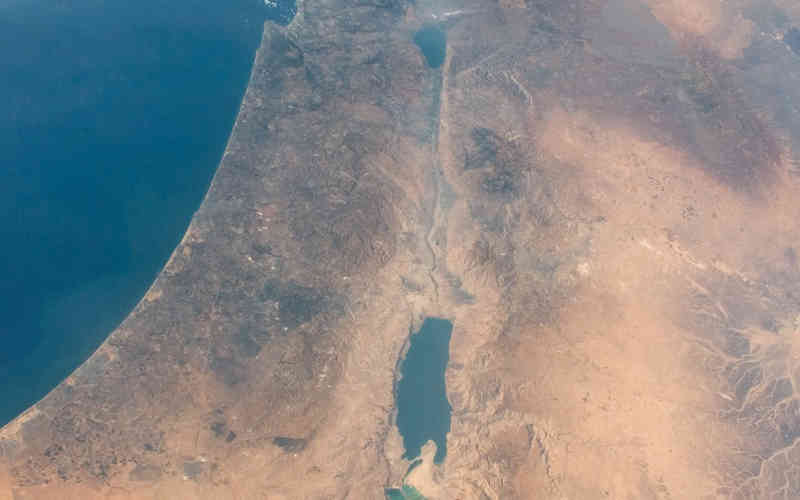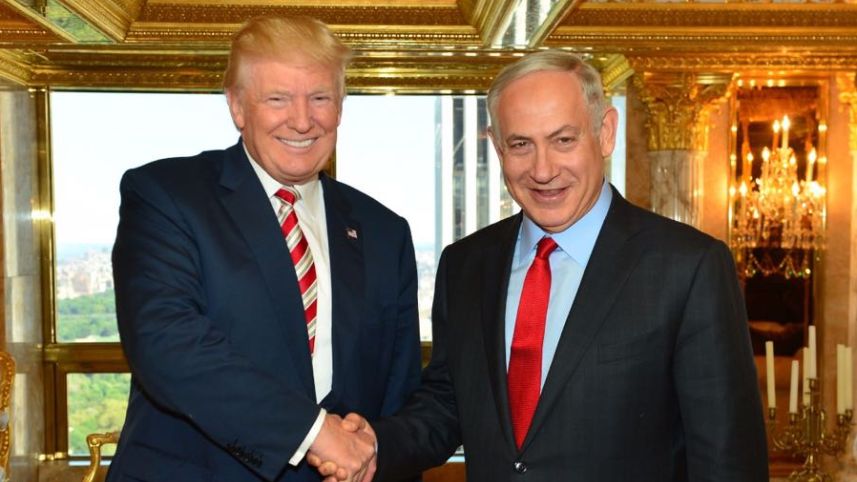After Gallant’s remarks that Israel should not create a military government to police Gaza or a civil administration to govern Gaza after the war and that Israel must not remain in Gaza, the following are steps that must be taken now. I wrote them seven months ago – but hopefully it is still not to late. I write them as bullet points because I have written about them extensively over the last months. They are not necessarily in order – many of them need to be taken in parallel.
- The Palestinian opposition to Abbas in Fatah must negotiate with Abbas on the establishment of a temporary government for Gaza headed by an acceptable person who is legitimate, not corrupt, believes in democracy, believes in the two-state solution, is willing to disarm Hamas, and control a legitimate Palestinian security force in Gaza. (It would be wise to consider that the new government be termed “The Provisional Government of the State of Palestine” and that this government be considered the sovereign in Gaza as the first step towards realizing full Palestinian statehood.
- The leaders of the Palestinian opposition to Abbas in Fatah must conclude their dialogue with the leaders of Hamas on taking the keys from Hamas over Gaza. The negotiations between them includes the possible integration of Hamas leaders into the new system, without being participants in the new government. The talks must also include the disarming of Hamas and the integration of willing Hamas soldiers into the Palestinian security force. There cannot be any armed opposition in Gaza and the only armed personnel are those under the authority of the new government. They need to also decide the fate of the Hamas leadership in Gaza.
- The leaders of the Palestinian opposition to Abbas in Fatah must conclude with Hamas the possible deal for the release of all of the Israeli hostages for terms that Hamas will be willing to accept.
- The leaders of the Palestinian opposition to Abbas in Fatah must conclude their discussions which are ongoing with the leaders of those Arab countries that will be willing to send peacekeeping forces to Gaza following Israeli withdrawal from Gaza. These include Egypt, Jordan, UAE, Saudi Arabia, Bahrain and maybe some others.
- The leaders of the Palestinian opposition to Abbas in Fatah must enter to talks with Israeli leaders, probably those not in the government, but with others who have influence in Israeli society to understand the Palestinian plan and to support it. These talks should always conclude with a joint statement in support of a peaceful two states solution based on the 1967 borders with agreed upon territorial swaps.
- Israel must be willing to declare its readiness to end the war and to withdrawal from Gaza. The negotiations for the Israeli hostages should be for all 132 hostages, alive and dead, in one single release, in exchange for ending the war and withdrawing from Gaza in one week, after the new Palestinian government has taken over. The release of Palestinian prisoners negotiated in the deal should be in one phase at one time and all prisoners must be released to their homes.
- A donors’ conference for Gaza must be convened where real commitments will be undertaken for the reconstruction of Gaza. There will be no more refugee camps in the rebuilt Gaza. The oversight for the reconstruction plans and the distribution of money will be in the hands of the new Palestinian government with international oversight.
- The Egyptians with the assistance of the US will undertake the permanent sealing of the Gaza-Sinai border along the 13 kilometers Philidephi corridor. International observers from the United States will be stationed at the Rafah Crossing and scanners will be in place to ensure that no smuggling of weapons and ammunitions occurs there.
- The economic blockade on Gaza will come to an end.
- After a period of stabilization, Palestinians will conduct elections for president and parliament.
- The Palestinian and Israeli leaderships should enter into new negotiations within a regional framework for the establishment and recognition of the two-state solution.
- Within the framework of the regional negotiations, agreements will be reached on a regional defense alliance against the extreme forces in the region that do not want to see peace between Arab and Muslim countries and Israel.
- The Arab peace initiative will be fulfilled and all Arab and Muslim states should be ready to enter into full diplomatic relations with the State of Israel.


